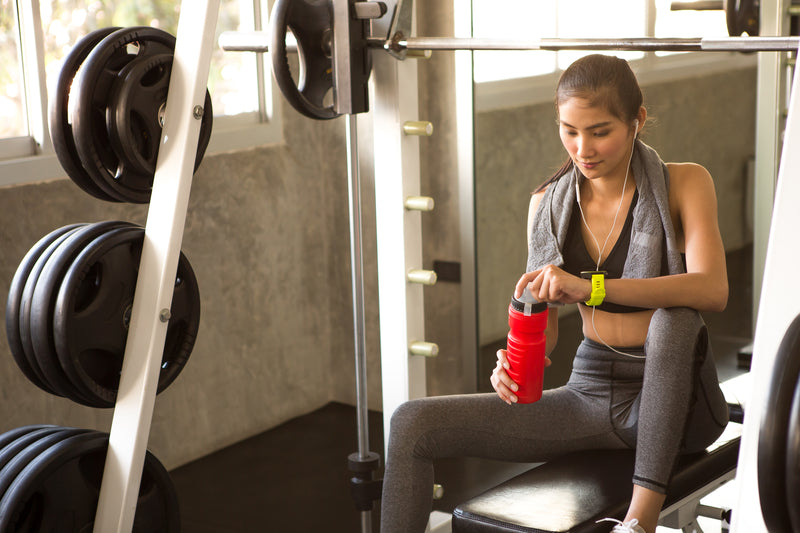Intense workouts can push your body to its limits, but it's important to avoid overheating during these sessions to ensure your safety and optimize your performance. Overheating can lead to heat exhaustion or heat stroke, which can be dangerous. Here are three essential strategies to help you avoid overheating during intense workouts.
Take Breaks
One effective way to prevent overheating during intense workouts is to take regular breaks. Pushing your body too hard without allowing for sufficient rest can increase the risk of overheating. Taking breaks allows your body to cool down and regulate its temperature. During your workout, listen to your body and pay attention to any signs of overheating, such as dizziness, nausea, or excessive sweating. When you notice these symptoms, find a cool spot and take a break. Sit or lie down, and allow your body to recover and cool off. Use this time to hydrate and catch your breath. Taking breaks not only helps prevent overheating but also allows you to maintain better overall performance during your workout.
Drink Water
Staying properly hydrated is crucial for preventing overheating during intense workouts. When you sweat, your body loses water, and if you don't replenish it, you can become dehydrated, which increases the risk of overheating. Make it a habit to drink water before, during, and after your workout. Aim to consume at least eight ounces of water every 15-20 minutes during your intense workout sessions. If you're engaging in prolonged or high-intensity exercise, consider hydrating with a sports drink that contains electrolytes to replenish the minerals lost through sweating.
Staying hydrated is also critical for healthy teeth. Dehydration can lead to dry mouth, which increases the risk of dental problems such as tooth decay and gum disease. By drinking water regularly, you promote saliva production, which helps wash away bacteria and protect your teeth and gums.
Work Out in a Ventilated Room
The environment in which you work out can greatly affect your body's ability to dissipate heat and avoid overheating. Exercising in a poorly ventilated or hot and humid room can increase the risk of overheating. Whenever possible, choose to work out in a well-ventilated space. Ensure that the room has proper airflow, such as through open windows or fans. Good ventilation helps cool your body and prevent excessive heat buildup. If you're working out in a gym, choose areas with proper air conditioning or cooling systems.
If outdoor workouts are your preference, try to schedule your intense sessions during cooler times of the day, such as early morning or late evening when the temperatures are lower. Pay attention to the heat index and adjust your workout intensity accordingly to avoid overheating.
It's essential to take measures to avoid overheating during intense workouts. By taking regular breaks, you allow your body to cool down and recover. Staying properly hydrated by drinking water before, during, and after your workout helps regulate body temperature and prevents dehydration. Working out in a ventilated room or choosing optimal times for outdoor workouts can also help minimize the risk of overheating. By implementing these strategies, you can stay safe, optimize your performance, and enjoy the benefits of your intense workouts.
Did you enjoy reading this article? Here’s more to read: When Should you Talk to Your Doctor Before Exercising

